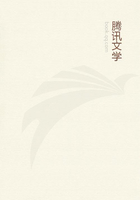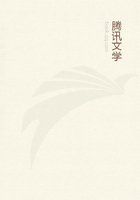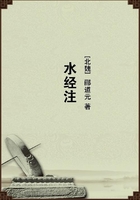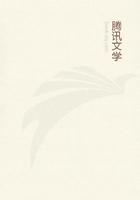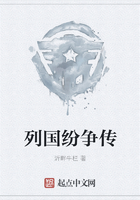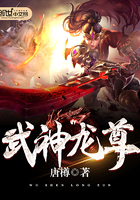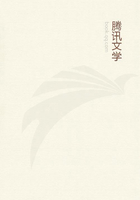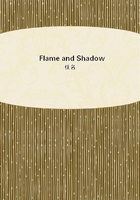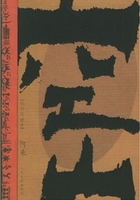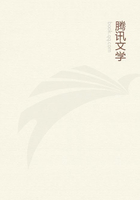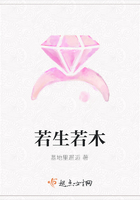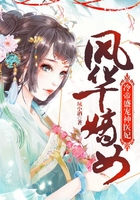The official circle is large, as I before remarked. A Crown colony where the Government has it all its own way must be the paradise of officials, and the high sense of honor and the righteous esprit de corps which characterize our civil servants in the Far East, and a conscientious sense of responsibilities for the good government and well-being of the heterogeneous populations over which they rule, seem as good a check as the general run of colonial parliaments.
The Governor, Sir William Robinson (now Sir F. A. Weld), is assisted by an Executive Council of eight members, and a Legislative Council consisting of nine official and six non-official members, including Mr.
Whampoa, C.M.G., a Chinaman of great wealth and enlightened public spirit, who is one of the foremost men in the colony. Then on the Civil Establishment there are a legion of departments, the Colonial Secretary's office with a branch office and Chinese Protectorate, a Land Office, Printing Office, Treasury, Audit Office, Post Office, Public Works and Survey Department, Marine Department, Judicial Department, Attorney-General's Department, Sheriff's Department, Police Court and Police Department, and Ecclesiastical, Educational, Medical, and Prison Staffs.
It is natural that when the mail has been worn threadbare and no stirring incidents present themselves, such as the arrival of a new ship of war or a touring foreign prince, and the receptions of Mr.
Whampoa and the Maharajah of Johore have grown insipid, that much of local conversation should consist of speculations as to when or whether Mr. ---- will get promotion, when Mr. ---- will go home, or how much he has saved out of his salary; what influence has procured the appointment of Mr. ---- to Selangor or Perak, instead of Mr. ----, whose qualifications are higher; whether Mr. ----'s acting appointment will be confirmed; whether Mr. ---- will get one or two years' leave; whether some vacant appointment is to be filled up or abolished, and so on ad infinitum. Such talk girdles the colonial world as completely as the telegraph, which has revolutionized European business here as elsewhere.
The island is far less interesting than the city. Its dense, dark jungle is broken up mainly by pepper and gambier plantations, the latter specially in new clearings. The laborers on these are Chinese, and so are the wood-cutters and sawyers, who frequent the round-topped wooded undulations. The climate is hotter and damper, to one's sensations at least, than the hottest and dampest of the tropical houses at Kew, and heat-loving insects riot. The ants are a pest of the second magnitude, mosquitoes being of the first, the palm-trees and the piles of decaying leaves and bark being excellent nurseries for larvae.
The vegetation is luxuriant, and in the dim, green twilight which is created by enormous forest trees there are endless varieties of ferns, calladiums, and parasitic plants; but except where a road has been cut and is kept open by continual labor, the climbing rattan palms make it impossible to explore.
My short visit has been mainly occupied with the day at the Colonial Secretary's Lodge, and in walking and driving through the streets. The city is ablaze with color and motley with costume. The ruling race does not show to advantage. A pale-skinned man or woman, costumed in our ugly, graceless clothes, reminds one not pleasingly, artistically at least, of our dim, pale islands. Every Oriental costume from the Levant to China floats through the streets--robes of silk, satin, brocade, and white muslin, emphasized by the glitter of "barbaric gold;" and Parsees in spotless white, Jews and Arabs in dark rich silks; Klings in Turkey red and white; Bombay merchants in great white turbans, full trousers, and draperies, all white, with crimson silk girdles; Malays in red sarongs, Sikhs in pure white Madras muslin, their great height rendered nearly colossal by the classic arrangement of their draperies; and Chinamen of all classes, from the coolie in his blue or brown cotton, to the wealthy merchant in his frothy silk crepe and rich brocade, make up an irresistibly fascinating medley.
The English, though powerful as the ruling race, are numerically nowhere, and certainly make no impression on the eye. The Chinese, who number eighty-six thousand out of a population of one hundred and thirty-nine thousand, are not only numerous enough, but rich and important enough to give Singapore the air of a Chinese town with a foreign settlement. Then there are the native Malays, who have crowded into the island since we acquired it, till they number twenty-two thousand, and who, besides being tolerably industrious as boatmen and fishermen, form the main body of the police. The Parsee merchants, who like our rule, form a respectable class of merchants here, as in all the great trading cities of the East. The Javanese are numerous, and make good servants and sailors. Some of the small merchants and many of the clerks are Portuguese immigrants from Malacca; and traders from Borneo, Sumatra, Celebes, Bali, and other islands of the Malay Archipelago are scattered among the throng. The washermen and grooms are nearly all Bengalees. Jews and Arabs make money and keep it, and are, as everywhere, shrewd and keen, and only meet their equals among the Chinese. Among the twelve thousand natives of India who have been attracted to Singapore, and among all the mingled foreign nationalities, the Klings from the Coromandel coast, besides being the most numerous of all next to the Chinese, are the most attractive in appearance, and as there is no check on the immigration of their women, one sees the unveiled Kling beauties in great numbers.*
[*The Singapore census returns for 1881 are by no means "dry reading," and they give a very imposing idea of the importance of the island. It is interesting to note that of the 434 enumerators employed only seven were Europeans!

